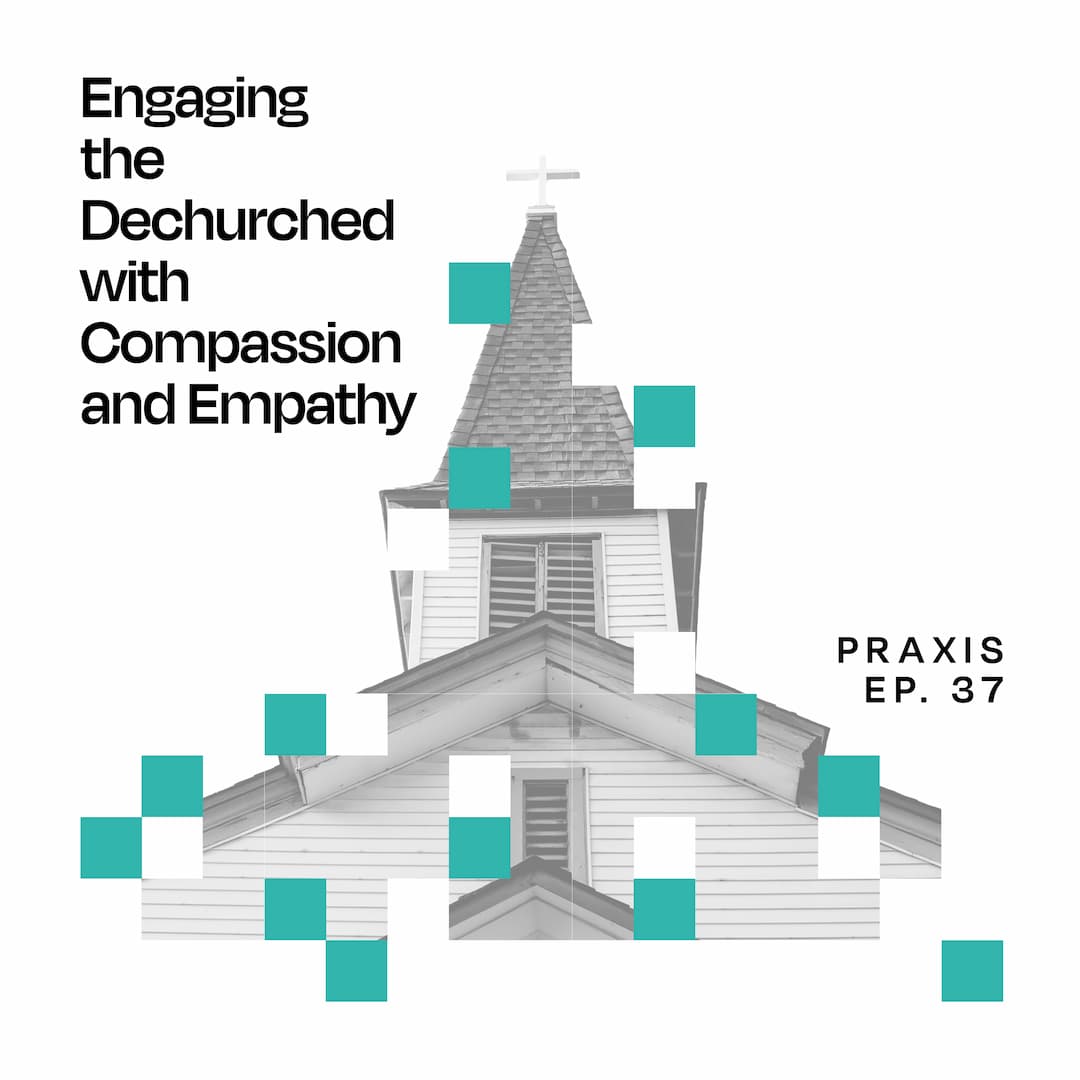Our episode dives into the phenomenon of de-churching, a significant shift affecting millions in America. We explore why individuals leave the church, how to engage them compassionately, and the importance of being a person of peace in their lives.
- Exploring the statistics of de-churching in America
- Discussing motivations behind leaving the church
- Highlighting the need for compassionate engagement
- Identifying ways not to engage: guilt, shame, and fear
- Emphasizing the importance of curiosity and authentic listening
- Recognizing individuals as “people of peace”
- Paying attention to God’s work in their lives
- Offering practical steps for engagement
- Encouraging active participation in community life
If you're interested in learning more or have any questions, feel free to reach out!
